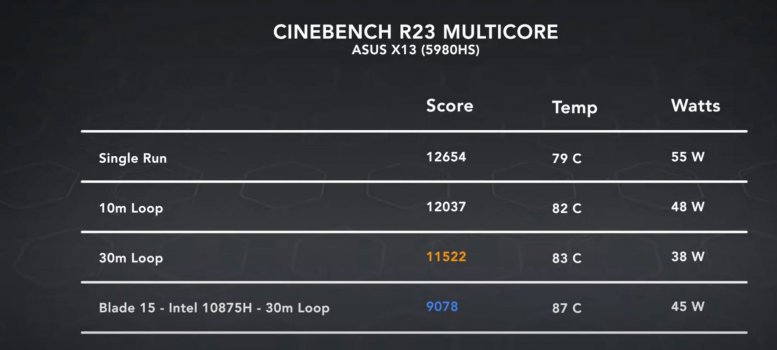Yep--pretty much this.Like everyone says, there isn't competition, as Apple doesn't sell silicon. I agree that crushing Intel sounds like good fun, but that just may be a side effect of robust sales
Why should Apple care what any of the other PC component companies are doing at this point? As time goes on, Apple develops and owns most of their own hardware stack. M1 is just the latest in that process, and 5G modems for iOS devices are probably next.
Apple is in a position to do this because they don't need or want to license out any of their hardware or software. Their only concern is to make the best Mac/iPhone/iPad/etc. they can. If that were not their goal, we would not have M chips, A chips, or any of the other powerful components they put in their hardware, and they wouldn't have started down this road 10 years ago when they started making their own chip architecture.
M1 is an absolute revelation, yes, but anyone paying attention over the last few years saw it coming. It just seems more disruptive because we didn't realize how much better it would actually be than most everything else out there. Apple has kind of hinted that they didn't fully realize it either. This is a breakthrough product and probably the most important thing Apple has launched in years. If that kills Intel or AMD, so be it, but that's not what drives Apple's product development.



 is testing chips with more cores (CPU performance, CPU efficiency, GPU, neural). The viable maximum will go to an Apple Silicon Mac Pro, the minimum is in the M1 series we already know of, and everything in between remains to be seen...
is testing chips with more cores (CPU performance, CPU efficiency, GPU, neural). The viable maximum will go to an Apple Silicon Mac Pro, the minimum is in the M1 series we already know of, and everything in between remains to be seen...